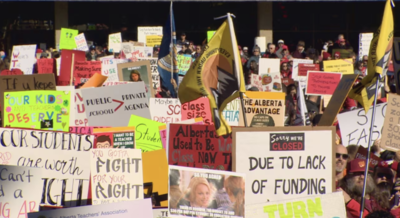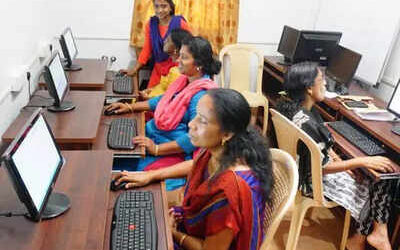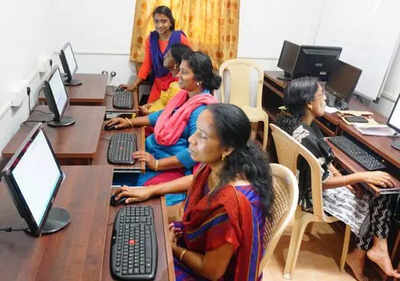Teacher strike exposes growing tensions over Alberta’s multi-million-dollar support for private schools

Alberta’s decades-long practice of partially funding private schools has come under renewed scrutiny as public schools remain closed for the third day due to a teachers’ strike. More than 700,000 students are affected while 50,000 public, Catholic, and francophone teachers remain off the job.The debate has intensified following the approval of a citizen-initiated petition by Alberta’s chief electoral officer. The petition asks whether the government should stop allocating public funds to accredited independent schools. If it receives 177,000 signatures—the threshold recently lowered by Premier Danielle Smith’s government—it will trigger a province-wide referendum.
High public funding for private schools vs. underfunded public system
Alberta provides non-profit private-school students with 70 per cent of the funding received by public-school students, the highest proportion in Canada. However, public-school spending per student remains among the lowest nationwide, with calculations from the Alberta Teachers’ Association estimating $11,464 per student, while the Fraser Institute estimated $13,421. Statistics Canada notes that Alberta ranks third lowest in spending on preprimary, primary, and secondary education across provinces and territories.Proponents of public schools argue that diverting hundreds of millions of dollars to private schools contributes to larger class sizes and underfunded programs in public schools.
Citizen petition and public debate
The citizen initiative emphasises that public funds should be prioritised for public, Catholic, and francophone schools, which are open to all students without tuition. Supporters argue that redirecting funding to public education could help address shortages, improve classroom resources, and support teacher salaries.
Private-school advocates highlight potential consequences
Private-school organisations warn that eliminating funding could have serious consequences. Alberta has more than 48,000 students enrolled in private schools and an additional 23,000 in charter schools or private early-childhood operators. Many of these schools charge less than $5,000 per year, and government grants help ensure accessibility for middle- and low-income families.Private schools are also eligible for portions of Alberta’s $8.6-billion school-construction budget, making the province the first in Canada to financially support private-school infrastructure. Families with children in Grades 4–12 attending independent schools also receive a yearly transportation grant of $492.10, according to The Globe and Mail.Critics note that removing funding could force tuition increases, overcrowd public classrooms, and strain existing infrastructure.
Comparison across Canada
Private-school funding varies widely in Canada. Ontario does not fund private schools, while British Columbia provides 35–50 per cent of public-school funding depending on the district, with more than $589-million allocated to independent schools in the most recent budget compared with $8.2-billion for public schools. Quebec averages 60 per cent, Manitoba provides 50 per cent based on a formula tied to neighbouring public schools, and Saskatchewan funds private schools at 50 per cent of public-school rates.
Impact on public education
Experts note that cutting funding to private schools may not automatically improve public education. Alberta spends some of the lowest amounts per student nationally, and reallocating funds does not guarantee increased teacher salaries or enhanced classroom quality. The ongoing teachers’ strike highlights broader challenges in the province, including underfunded schools, large class sizes, and workforce tensions.





